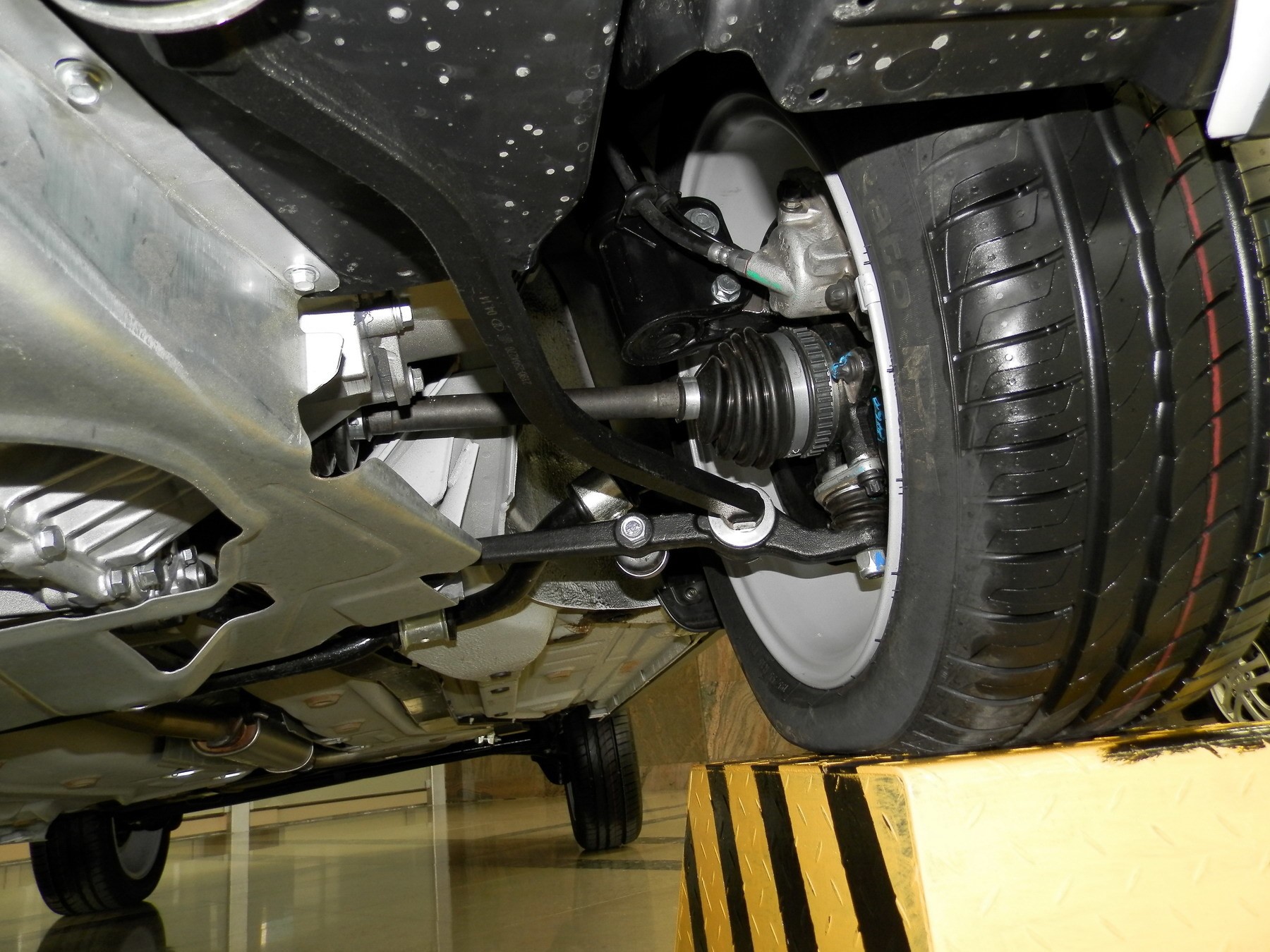
Do you need an extended warranty?
Content
When buying a car, dealers usually offer an extended warranty. While an extended warranty may not be needed when buying a new car, it will usually come in handy if you are buying a used car. When determining whether you need an extended warranty, keep a few easy-to-remember factors in mind, including the benefits of an extended warranty, the cost of the warranty, the duration of the warranty, and what the specific warranty offers.
What is the Extended Warranty?
An extended warranty is a service plan that covers repairs after the manufacturer's warranty period has expired. Hopefully you will never need to use it, but it provides peace of mind in case you need it. In the long run, an extended warranty can pay for itself by saving on repairs and ensuring you can keep your car on the road.
Types of automotive extended warranties. When purchasing an extended warranty for your vehicle, you can choose from several types.
The bumper-to-bumper warranty is typically for new vehicles under five years old and under 50,000 miles, but represents the highest level of warranty available. Most bumper-to-bumper warranties cover most parts of a car and generally list the parts that are not covered by the warranty. This warranty is considered to be the most comprehensive you can purchase, but before purchasing, make sure you read the warranty in its entirety to find out what it does not cover.
The next step down is called component claim coverage. This type of warranty covers the most important parts and components of your vehicle, but not everything. This type of extended warranty is suitable for vehicles with mileage between 50,000 and 100,000 miles. Since the coverage stated may vary depending on the specific extended warranty, it is important that you know exactly what is covered before purchasing this type of warranty.
Powertrain coverage covers the vehicle's powertrain, including the engine, transmission, and drive axles. In addition to the normal transmission warranty, some dealers offer what are known as extended or plus policies. These policies, in addition to the normal transmission components, cover a few additional parts such as the starter or air conditioner. The transmission warranty is for vehicles with high or medium mileage.
Pros and cons of an extended warranty
Like many coverage plans, an extended warranty comes with both pros and cons. Before purchasing an extended warranty on your vehicle, you should weigh both the pros and cons to make sure the cost is worth it.
Benefits of an extended warranty. An extended warranty for your vehicle offers many benefits to help keep your vehicle running and on the road.
More often than not, you can tailor an extended warranty to suit your needs. One example is the inclusion of XNUMX/XNUMX roadside assistance in an extended warranty, which may not be in the original manufacturer's warranty.
Extended warranties provide the primary benefit of paying for costly vehicle component repairs. When purchasing an extended warranty, make sure it covers any new technology that may be in the vehicle.
Another benefit of purchasing an extended warranty is that most of the documentation will be taken care of by the dealership. In addition, you can include the cost of an extended warranty in the cost of buying a new or used car. This means that after you pay for the warranty, all you have to do is show it to the mechanic if there is a problem with the vehicle it covers.
Cons of an extended warranty. In addition to the many good benefits of an extended warranty, there are also a few downsides.
The biggest downside to an extended warranty is the cost. With that in mind, consider the alternative to not having an extended warranty in the form of a potentially high repair bill if your car breaks down.
Just as an extended warranty can cover many different parts and components of your vehicle, it doesn't cover everything. Before purchasing an extended warranty, be sure to read it carefully and agree to everything it includes and does not cover, including viewing the list of exclusions, which indicates parts that are not covered by the warranty.
Another downside to an extended warranty is that you may only have a limited number of approved locations where repairs can be made. This can become a problem if you break down while traveling or moving. When purchasing an extended warranty, make sure you understand who is allowed to repair your vehicle.
What to Look for in an Extended Warranty
Once you've decided to purchase an extended warranty, you'll need to decide which one is best for your vehicle. Some of the deciding factors that you have no control over when purchasing an extended warranty include the age of the vehicle and the mileage. Otherwise, you have several options when purchasing, including who you buy the warranty from, price, and coverage.
Who offers an extended warranty? In addition to manufacturer warranties, many dealerships offer third-party warranties from various companies.
Read the fine print of the warranty to make sure it's not only valid from the dealer you bought it from. The manufacturer's extended warranty can be used at any manufacturer's dealership nationwide.
Is the warranty cost available?? When purchasing an extended warranty, make sure the price is within your budget.
Look for extended warranties that fit your budget before you go to the dealership. Shopping also allows you to get a better idea of what an extended warranty will cost you.
The last option is to wait with the extended warranty until you buy the car.
What does the extended warranty cover?? As stated in the sections above, make sure you know exactly what is covered by the extended warranty you plan to purchase.
You should also keep in mind that many extended warranties have tiers usually referred to as silver, gold and platinum or something similar. Each level has its own price, covers more components or offers different options, the higher you get. Be sure to read the fine print of each level and then purchase the one that best suits your needs and budget.
The final consideration when purchasing an extended warranty is whether the repair is fully covered or not. Determine if there is a franchise and in what amount. Also, you need to know if the warranty company pays for the repair or if you have to pay up front and then get a refund.
You should also be aware of what may void the extended warranty or if there are specific protocols that you must follow when using the warranty.
Do you think an extended warranty is necessary?? Once you have researched which extended warranties are available, determined their cost, and decided which one is right for your vehicle, you must decide whether to get an extended warranty or not.
The most important factor in determining whether you need an extended warranty is the reliability of the vehicle you wish to purchase a warranty on.
Another consideration is your own auto repair history. If the vehicles you've driven in the past have frequently broken parts that are covered by an extended warranty, then a warranty can be a good investment.
When it comes to an extended warranty, the decision to purchase it is ultimately up to you. You must take into account your budget, the age of the car, and the likelihood that you will use the warranty when making your final decision.
